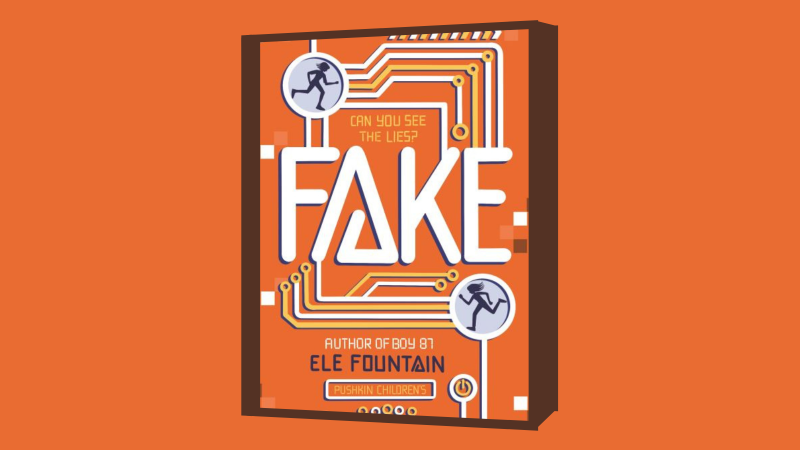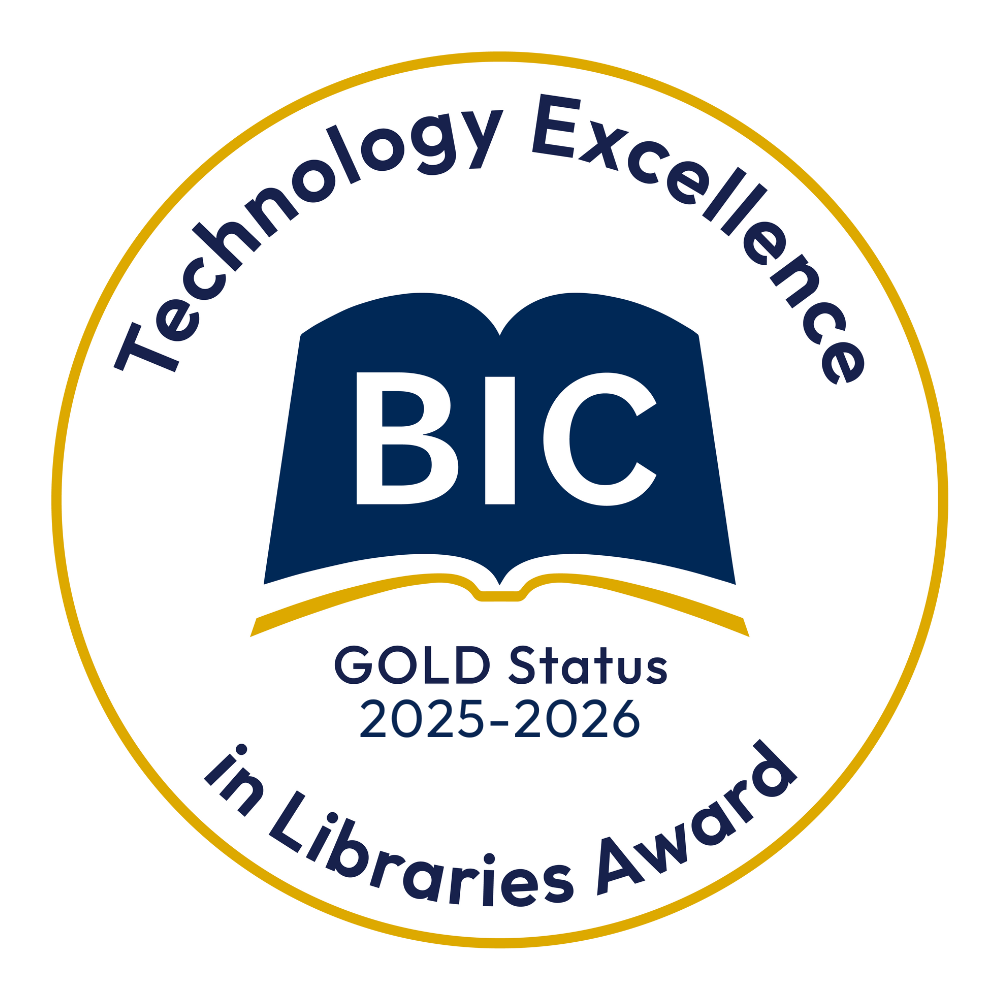Please note that we will automatically hold all schools orders from 16–20 February due to the half-term break. If your school remains open for delivery and you'd like your books delivered during that week, please let us know by calling us on 0121 666 6646 or emailing hello@peters.co.uk.
For help, advice and telephone ordering call our team on 0121 666 6646
Are you sure you wish to delete this basket?()
This action cannot be undone.
Sorry, something went wrong
Please report the problem here.
Ele Fountain on Fake: Virtual worlds and the magic of libraries

May 20th 2022
I first read to my daughter when she was a few days old. She had no idea what I was saying, but that didn’t matter. Her journey into the world of stories had begun. Then we moved to a developing country for several years, and it was hard to get hold of books. The ones we had became a well-thumbed part of the family. When we returned to the UK and visited a library for the first time, my children’s minds were blown. How could there be so many books in One Place? The most magical part of all, was when they realised they could take the books away, read them, then swap them for more. The democratisation of knowledge is a beautiful thing. But in our increasingly virtual worlds, ‘sharing’ has flourished on such a scale that sources are often ambiguous and authors’ intentions unclear. The dawn of social media added to this heady mix – not merely information but identities, too, can be easily manipulated. It’s hard to distinguish genuine from fake, compounded by the ever-multiplying platforms with which to interact. While adults struggle to master this brave new world, children grasp many technologies which leave parents behind. And yet… they do so with less experience of the wider world, leaving a digital imprint that can, and may be used against them.
This resonated with an article I read several years earlier. A giant of the tech world discussed their ambition to turn data into dollars. Every time we interact with the virtual world, we leave a trace of ourselves behind. What we view, what we buy, what we share, can all be fed into algorithms which then show us more of what we viewed and bought previously. Reinforcing preferences, selling us what we already like. The more we engage with the digital world, the easier it is to monetise our profiles. Where will it lead?
This question is at the heart of my novel FAKE, along with idea the that an ‘algorithmic’ existence creates poverty – both creatively and economically. Set in the near future, in a world on the cusp of total control by Big Tech, I wanted this adventure to feel not only gripping, but possible. When a young girl finds herself at the centre of the conflict between the cyber and real, she learns what the big corporations had overlooked. In the process of converting us all to code, they underestimated the power of the individual, and the spirit of dissent.
I have written about some gritty subjects, but they are subjects which infuse our daily lives. Sometimes it feels easier to look away, but perhaps the best way to help our kids navigate the world – both virtual and real, is not to turn away, but to explore and discuss. When it comes to bigger, tougher – grittier subjects, I often choose to do so within the safe space of fiction. Here, children can enjoy a brilliant adventure, which allows them to dip their toes in the real world, preparing them for when they must swim for themselves.
Ever since our return to the UK, libraries have opened the door to many worlds. They are another safe space, one where my children can move easily between fact and fiction, and one where they can always be sure which is which.
When mysterious trouble starts at home, Jess turns to the digital world to fix things. She is a brilliant coder and programmer. But Jess takes her skills into forbidden territory and while trying to help her family, discovers explosive truths. Truths which reveal just how manipulated reality has become.
With her family's lives in the balance, Jess must defy everything she's been told to help them – before it's too late.




